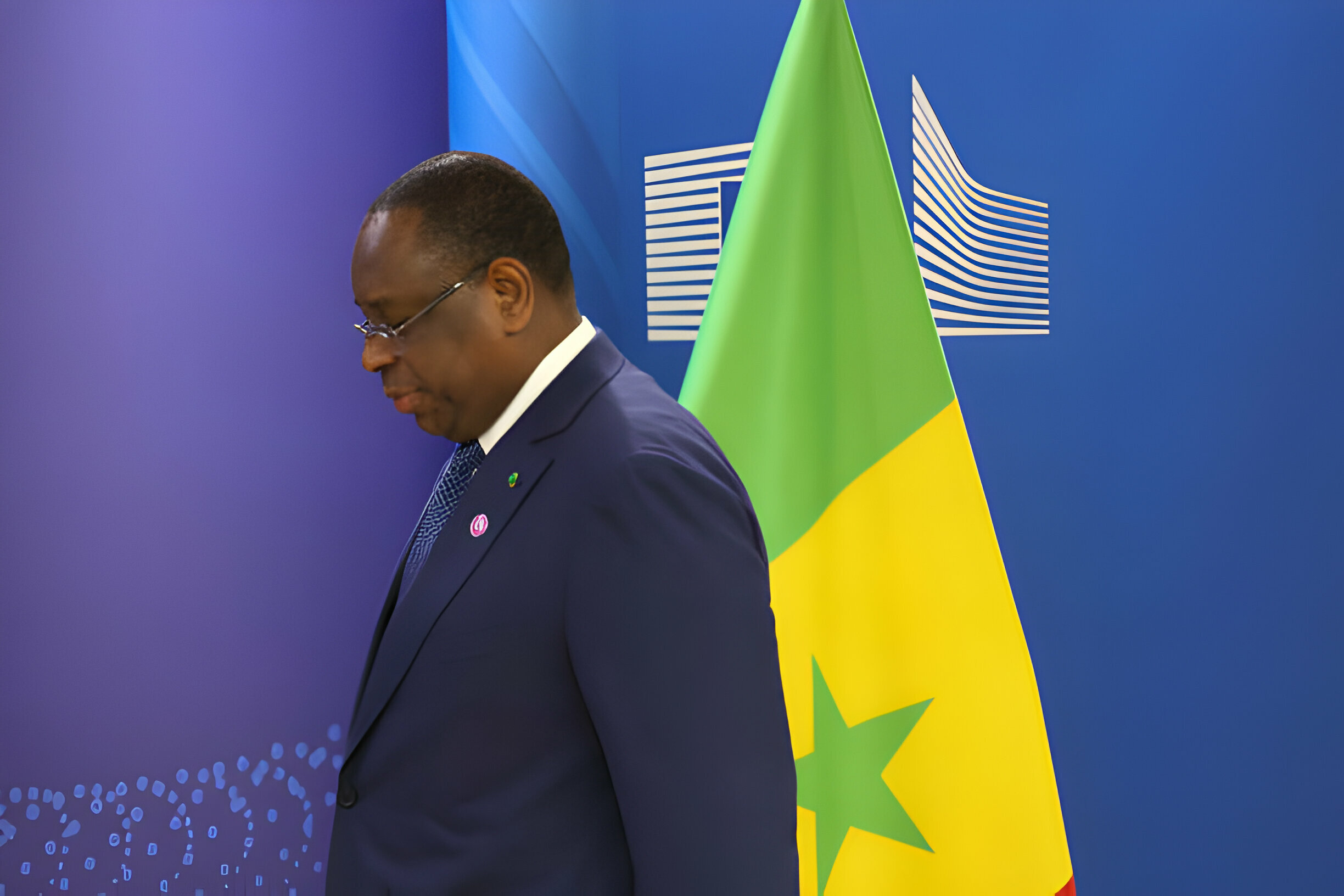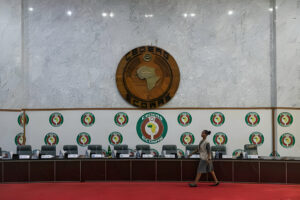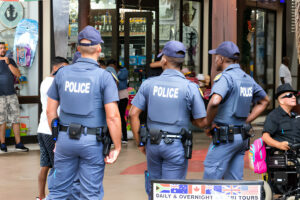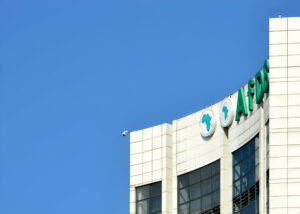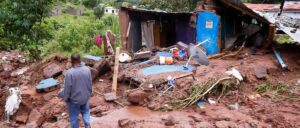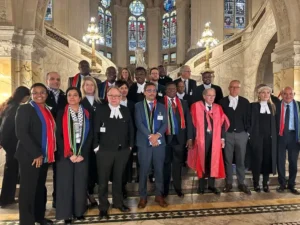In an unexpected turn of events, Senegal finds itself at a critical juncture, as the nation’s highest electoral authority has annulled a decree from President Macky Sall to delay the upcoming presidential election. This decision has set the stage for the election to be conducted at the earliest possible opportunity, as stated by official sources on Friday.
President Sall, earlier in February, had proposed to defer the originally scheduled election on February 25, citing unresolved issues regarding candidate eligibility. Following his proposal, the National Assembly had agreed to reschedule the election to December 15.
Nevertheless, the Constitutional Council, in a decisive ruling on Thursday, declared such actions unconstitutional. The Council has mandated the government to expedite the election process, conceding that the initial date of February 25 is now unattainable, yet emphasizing the urgency of the situation.
Presidential spokesperson Yoro Dia conveyed on Friday that President Sall is committed to adhering to the Constitutional Council’s directive, ensuring the election is held without undue delay. However, a specific date for the election remains to be announced.
Senegal, regarded as a beacon of democratic stability in the region, now faces a political quandary that has ignited protests, some turning deadly, and led to the suspension of mobile internet services. The unrest has resulted in at least three fatalities at the hands of security forces, with numerous others injured.
Amidst allegations of attempting to extend his tenure, President Sall, in a recent interview with the Associated Press, refuted claims of seeking to delay his departure from office.
The decision to push forward with the elections has drawn commendation from both local and international entities. The U.S. Bureau of African Affairs, through a statement on X (formerly known as Twitter), lauded the Constitutional Council’s resolution as a step toward ensuring a timely presidential election. Similarly, U.N. Secretary-General Antonio Guterres, through spokesperson Stephane Dujarric, welcomed the ruling and the President’s compliance, urging all Senegalese factions to collaborate for a fair and inclusive election as per the nation’s constitution.
Furthermore, the Economic Community of West African States (ECOWAS) echoed this sentiment, urging adherence to the electoral timetable and the swift determination of a new election date in line with the Constitutional Council’s guidance.
The uncertainty surrounding the new election date and potential amendments to candidate eligibility persists. President Sall, who ascended to power in 2012, approaches the end of his second term on April 2. The constitution mandates that elections be conducted 30-45 days before the conclusion of the presidential term.
In a gesture aimed at quelling public dissent, the government has recently released several hundred political detainees. Opposition voices argue that further de-escalation can be achieved through the release of all political prisoners and initiating dialogue between the opposition and the presidency to agree on an expedited election timeline, as per Dr. Manel Fall, a representative of the now-dissolved PASTEF opposition party.
This unfolding scenario underscores the complexities of democratic governance and the essential balance between constitutional mandates and political realities. As Senegal navigates these turbulent waters, the commitment to constitutional fidelity and transparent dialogue remains crucial for preserving the nation’s democratic integrity and stability.

